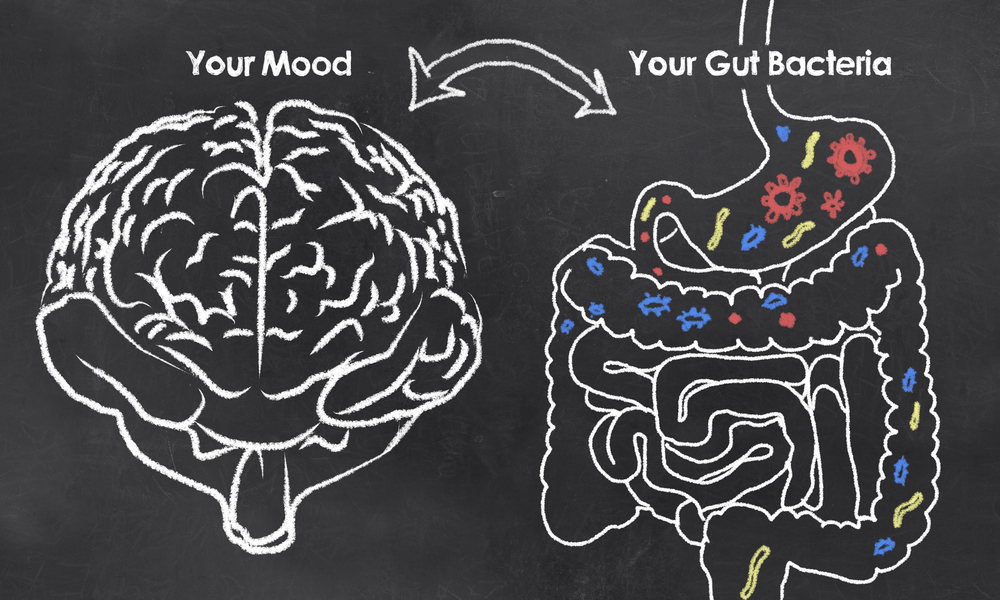
What Is the Relationship Between Sunlight and Vitamin D3?
When it comes to taking care of our bodies, natural options are nearly always the best. This is especially true for getting a good dose

A healthy gut has anywhere from 300 to 500 bacterium species living in it. While the digestive system may seem simple, it is far more complex than many people believe. It ranges from the mouth to the anus and is important for multiple functions, including mood, mental health, skin health, and resistance to infections. Today, we’re looking at five signs and symptoms of poor gut health so you can take steps to improve it and improve your overall health.
One sign your gut is not currently healthy is the development of an autoimmune condition. As noted above, your digestive system, including your gut, plays a major role in your resistance to infections. When your gut isn’t healthy, systemic inflammation may occur. Inflammation negatively affects the immune system, confusing it. As a result, it may attack the body instead of viruses or bad bacteria.
Mood disorders may also be a sign that your gut is currently in poor health. Good bacteria in your gut play a role in producing many neurotransmitters, like GABA, dopamine, norepinephrine, and acetylcholine. These neurotransmitters are responsible for regulating anxiety, mood, motivation, and reward. When there aren’t enough good bacteria in your gut, you may suffer from anxiety or experience symptoms of depression.
Unintended weight gain is another sign that there aren’t enough good bacteria in your gut. Good bacteria are responsible for regulating blood sugar, storing energy for future use, and absorbing nutrients. When there aren’t enough good bacteria in your gut, you may feel a seemingly irresistible urge to overeat due to insufficient nutrient absorption. You also may suffer from insulin resistance that leads to weight gain.
On the other hand, unintended weight loss can also point to an unhealthy gut. For example, if you’re losing weight without trying to, you may suffer from SIBO (small intestinal bacterial overgrowth).
Chronic fatigue is often brought about by poor sleep quality or insomnia. Unfortunately, both insomnia or poor sleep quality can result from an unhealthy gut. Serotonin is a neurotransmitter that is known for mood regulation. However, it is also responsible for sleep regulation. If your gut is unhealthy, you may not be producing enough serotonin to sleep soundly through the night, leading to chronic fatigue.
Eczema and other skin concerns may also indicate your gut needs help to become healthier. Remember, inflammation is a common side effect of an unhealthy gut. While this inflammation sometimes results in autoimmune conditions, it may also result in skin conditions, like atopic dermatitis.
Your gut has many ways to tell you it’s unhealthy and in need of probiotics. For example, you may develop an autoimmune condition or mood disorder or gain or lose weight without trying to. If you’re ready to improve the health of your gut, your mental health, and your overall physical health, probiotics can help. To find out which probiotic may be right for you, contact us today at Panacea Scientific.

When it comes to taking care of our bodies, natural options are nearly always the best. This is especially true for getting a good dose

Are you trying to pack on muscle? Do you need to lose a few pounds? Then consider adding a high-quality whey protein from Panacea Scientific

Do you ever wonder what’s behind the vibrant colors and wonderful flavors of the fruits and vegetables we consume daily? The answer lies in the

Payment types accepted:
Visa/MC/Discover/ American Express
© Copyright Panacea Scientific 2020. All rights reserved. | Website by Infinite Web Designs